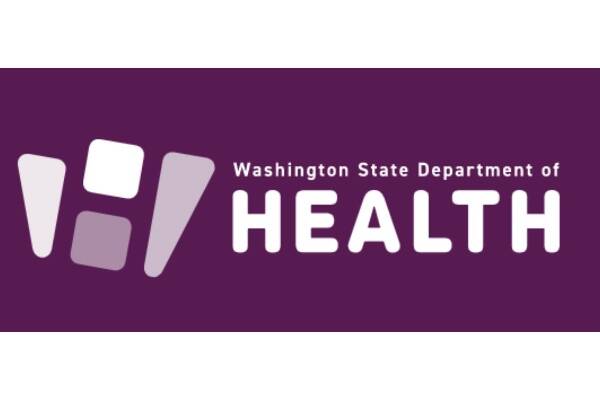According to the Washington State Department of Health (DOH), opioid-related drug overdose deaths in Washington have risen dramatically, particularly among young people.
The department reports that rates of opioid-related fatalities among adolescents aged 14-18 have surged almost threefold from 3.6 per 100,000 individuals in 2016 to 10.6 per 100,000 individuals in 2022. This increase is largely attributed to the increase of synthetic opioids, such as fentanyl, in the illegal drug supply.
In response to the urgency of the situation, the DOH is offering all public high schools across the state naloxone. Naloxone, also known by the brand name Narcan, is a safe and effective medicine that can reverse the harmful effects of an opioid overdose, including one caused by fentanyl.
According to the DOH, naloxone is available in a nasal spray that can be given to anyone, of any age, during a suspected opioid overdose and has no harmful effects even if opioids are not present in the system.
DOH is partnering with Educational Service Districts to offer all public comprehensive and alternative high schools two kits of intranasal naloxone. This offer from DOH is “voluntary” and supports the Washington law requiring school districts with 2,000 students or more to stock at least one set of opioid overdose reversal medication in each high school.
Smaller districts, such as Vashon Island School District, may also choose to obtain and maintain naloxone in their schools.
Slade McSheehy, superintendent of Vashon schools, said in a phone call on Tuesday that he was aware of grant opportunities regarding naloxone, and that the district was “currently exploring policy around the use of opioid reversal medicine in our school district.”
Tao Sheng Kwan-Gett, MD, MPH, Chief Science Officer and board-certified pediatrician, called equipping high schools with naloxone a “common sense strategy” to protect students from opioid overdose.
“Some kids experiment with substances, unaware that just one counterfeit pill can contain enough fentanyl to be fatal,” Kwan-Gett said. “Providing access to naloxone will not only save lives but also send a powerful message that we care about the health of our youth.”
Individuals and families can purchase naloxone over the counter or obtain it from a pharmacy using the statewide standing order, which acts like a prescription for anyone in the state at risk of witnessing or experiencing opioid overdose.
Information on how to prevent and respond to drug overdoses can be found on the DOH website, including links to resources on how to talk with teens about fentanyl. The “Prevent Overdose WA” campaign informs Washingtonians about the risks of opioids and fentanyl and the power of naloxone to reverse overdoses. In addition, DOH’s Opioid and Drug Overdose Data and Unintentional Drug Overdose Data dashboards provide useful insights for addressing substance use in the state.
— Reporter Elizabeth Shepherd contributed Vashon-specific reporting to this story.


